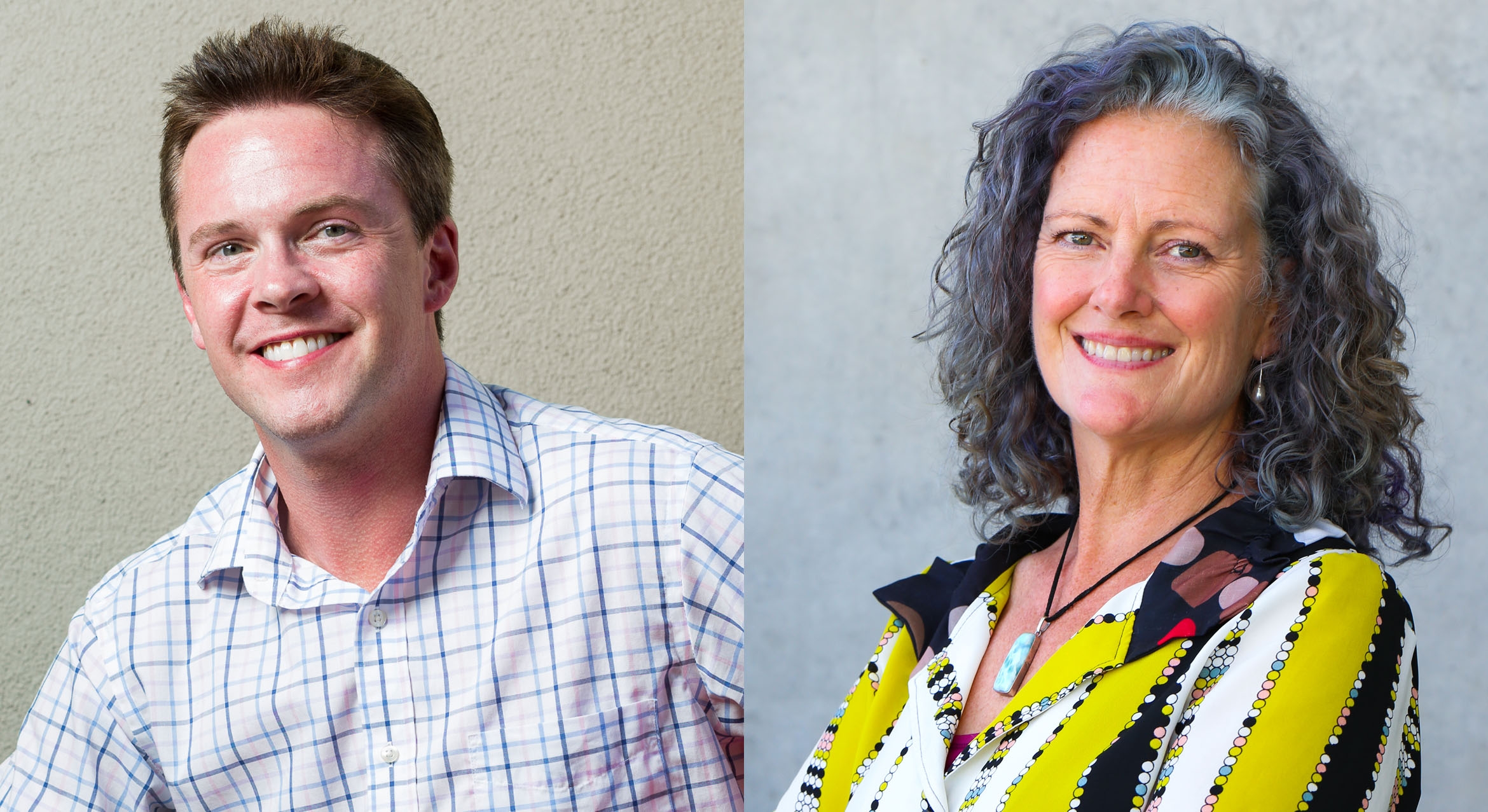The University of California, Santa Barbara has developed a new alcohol-education and early intervention program aimed at helping students develop the skills needed to reduce drinking and make safer choices. A pilot phase of the program, which is based on the latest research on alcohol- and drug-abuse prevention, is now underway.
Designed by the Alcohol and Other Drug Program of the UCSB Student Health Service, the new program features an eight-session course called College Alcohol Skills Education, or CASE. Co-sponsored by the Office of Residential Life, the program will be used, in this pilot year, with students who violate alcohol and drug policies in campus residence halls. In accordance with federal, state, and local laws and ordinances, UCSB's residential life policies prohibit "unlawful drinking, excessive drinking, and drunkenness."
"The health and well being of our resident community is one of our primary concerns," says Willie Brown, executive director of housing and residential services at UCSB. "It is critical that we present opportunities for our students to be healthy and productive scholars as well as responsible community members. We believe the CASE program gives us one more tool to help students make choices that will provide an enriching experience at UCSB."
Adds Yonie Harris, dean of students at UCSB: "Unsafe, unhealthy use of alcohol is generally considered the nation's number one public-health problem affecting college students. While there is no magic bullet, evidence from other campuses makes us optimistic that our new program will be successful in helping us to reduce high-risk alcohol use at UCSB."
Campus officials cite research indicating that young people today are demonstrating a need for unique and specialized interventions that match their developmental phase in life. Traditional approaches such as one-time educational sessions, videos, and distribution of printed educational materials have not proven effective in reducing the dangers and risks associated with alcohol and drug use among college students.
In addition, the U.S. Departments of Education and of Health and Human Services recommend that universities "use only evidence-based interventions that incorporate elements known to be effective."
The CASE program employs proven strategies, interventions, and approaches in a multiple-week, group-treatment model using interactive exercises led by trained counselors.
Ian Kaminsky, a psychologist at the Student Health Service who directs its Alcohol and Other Drug Program, said the CASE program has been specifically designed for college students "and will help them appreciate the risks involved in alcohol and drug use and equip them with effective strategies for reducing risk and harm."
Abstinence from alcohol is the only no-risk alternative and the only legal option for those under 21 years of age, notes Kaminsky. "At the same time, our efforts recognize that some underage students will indeed choose to drink, and we believe that they should have the knowledge and skills to do so with the least possible risk of harming themselves or others. My expectation is that the CASE program will have a significant, positive impact on the health and safety of our community."
The goal of the CASE program is to change the behavior of students and, in so doing, to bring about a reduction in alcohol and drug use and related negative health, social, academic and legal consequences. Designed to work with college students in a supportive environment, UCSB's CASE program is using a combination of three proven strategies: brief motivational interviewing, Alcohol Skills Training Program (ASTP), and Brief Alcohol Screening and Intervention for College Students (BASICS). These approaches have been widely tested and effectively applied in college populations across the country.
Such new alcohol interventions for college students are founded on the idea that many students who experience problems as a result of alcohol or drug use can solve their problems on their own if they are sufficiently motivated and provided with guidance and support. Through in-class and out-of-class assignments and exercises, students participating in the CASE program will have the opportunity to receive individualized feedback on their own behavior and help in developing a plan for changing their behavior.
For more information on the UCSB Alcohol and Other Drug Program, call (805) 893-5013.



